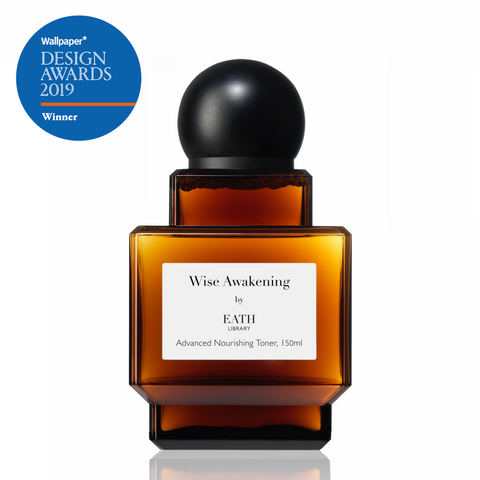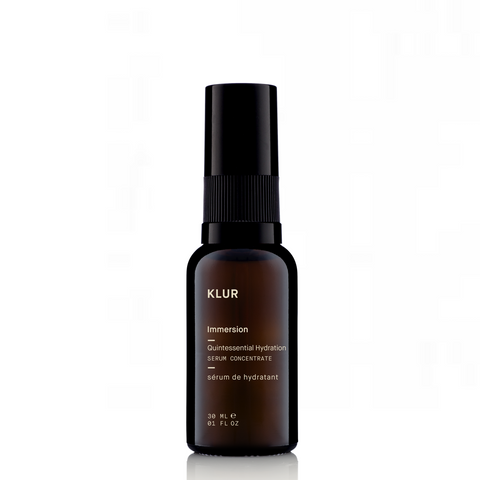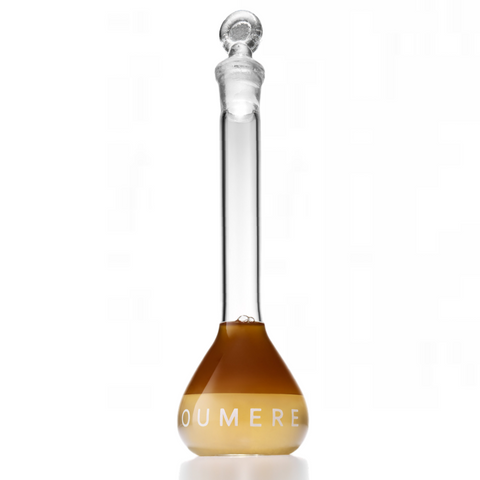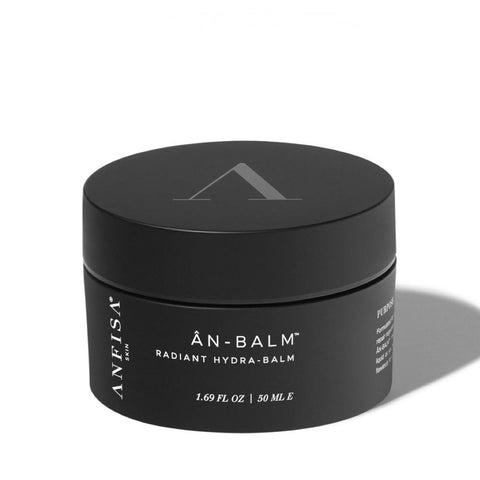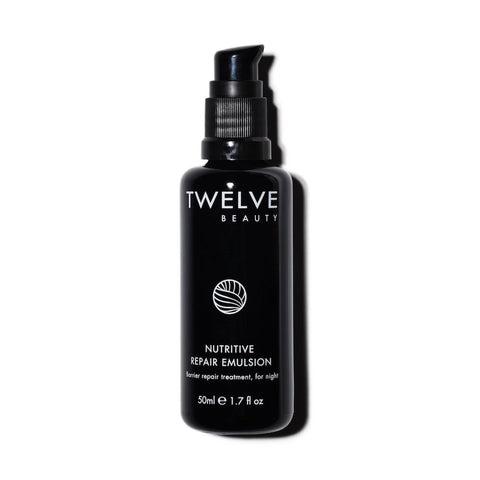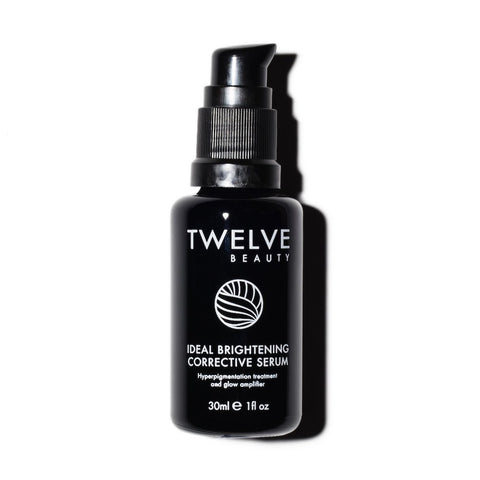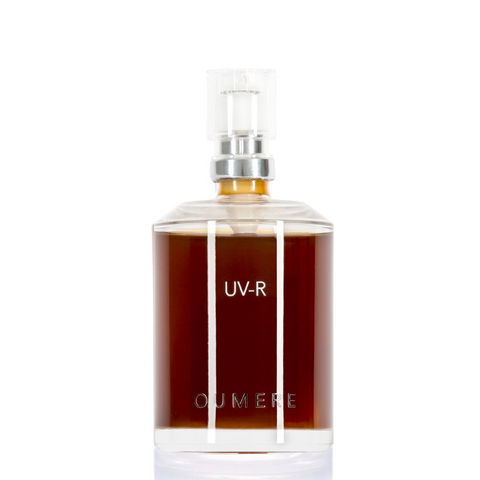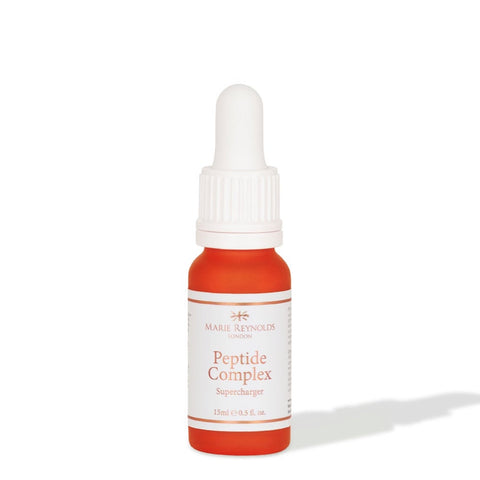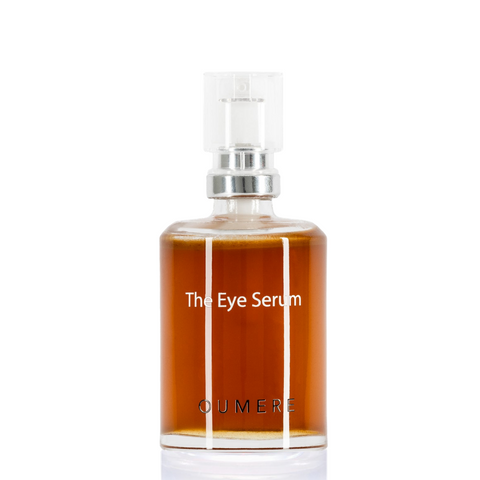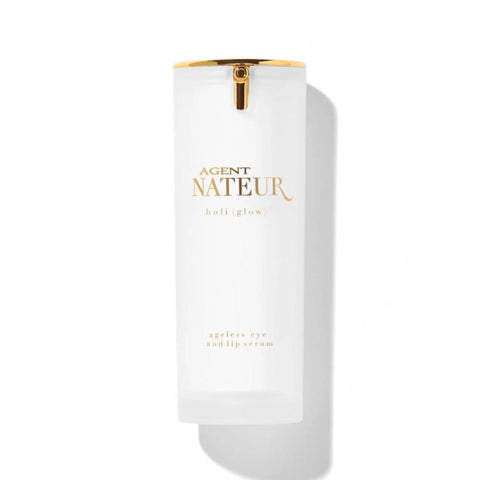How Sleep Affects the Skin and Solutions Besides Sleeping
March 27, 2024
Quality sleep is an essential aspect of maintaining overall physical health and has a positive impact on one's emotional well-being. At the same time, sleep quality can also affect various functions of the skin and how it ages. It's called "beauty sleep" for a reason!
Today, let's discuss the various skin issues that can arise from insufficient or poor sleep, as well as methods to address them besides sleeping!
Sleep is crucial for the growth and regeneration of all physiological systems in the body. Research has shown that chronic sleep deprivation is closely linked to obesity, diabetes, cancer, and weakened immune function. As one of the major organs in the body, the skin is also naturally affected by the quality of sleep, and not just limited to simple issues like dark circles.
The period approximately three hours after falling asleep is when growth hormones, which stimulate growth, cell replication, and cell regeneration in the body, are most active. Therefore, lack of sleep or poor sleep quality severely hinders the activity of growth hormones, and subsequently affects processes like skin repair and regeneration, which means, even with the use of expensive and effective skincare products, the quality of the skin will not improve, and existing problems will persist.
During the middle stage of sleep, the secretion of melatonin also increases. Melatonin, as an antioxidant, helps protect the skin from damage caused by harmful free radicals, which accelerate aging.
In the final stage of sleep known as Rapid Eye Movement (REM), cortisol levels begin to decrease. Cortisol is a natural hormone in the body that controls blood sugar levels, regulates metabolism, and supports immune function and memory. It also helps the body maintain its daily circadian rhythm, allowing us to wake up and fall asleep. Under normal circumstances, cortisol also assists the body in reducing inflammation. When sleep is insufficient or poor-quality, the body accumulates excess cortisol, which exacerbates internal inflammation and triggers skin conditions such as eczema, rosacea, psoriasis, and sensitivity. Additionally, higher cortisol levels stimulate the production of insulin in the body, leading to excessive sebum production in the skin, resulting in worsening of acne, pimples, whiteheads, blackheads, and enlarged pores.
On the other hand, during the REM period, the skin temperature decreases. As the skin cools down, our muscles relax, which helps promote the production of collagen, a protein that keeps the skin firm and elastic. In other words, insufficient sleep significantly reduces the production of collagen, ultimately leading to the appearance of wrinkles, fine lines, sagging skin, and loss of elasticity.
The health of the skin barrier is an essential aspect of maintaining skin hydration and overall health. When the barrier is compromised, the skin's ability to retain moisture decreases, resulting in dryness, dehydration, tightness, and excessive oiliness. Whilst, the skin's ability to defend against allergens and bacteria also decreases, leading to redness, sensitivity, and even acne, and inflammations like eczema, rosacea, and psoriasis.
Studies have shown that individuals who have better sleep quality have a 30% higher barrier recovery rate compared to those with poor sleep. In other words, when you sleep well, your skin will be more hydrated, and inflammatory skin conditions will be less likely to occur or will recover faster.
【 How to Improve 】
In addition to using toners and serums to hydrate the skin, it is crucial to incorporate a face oil into your skincare routine to aid in barrier repair. This is because the skin barrier is composed of ceramides, cholesterol, and fatty acids, thus to repair the skin barrier, simply adding water is not enough. If we compare the water in the skin to water in a reservoir, then oil, or lipids, can be likened to the cement and building materials of a dam. They help prevent water loss and also act as a barrier against pollutants, dirt, and even insects and animals from entering the dam.
In fact, besides fatty acids, oil-based ingredients are rich in vitamins, minerals, antioxidants, polyphenols, proteins, carotenoids, anti-inflammatory and antibacterial substances, as well as many other phytonutrients that the skin cannot synthesize on its own. All of these elements are highly beneficial for skin health. Due to their anhydrous nature and smaller molecular weights, they can also penetrate deeply into the skin through various pathways, making them more effective in improving various skin problems caused by insufficient sleep compared to water-based serums.
Product Recommendation
EATH LIBRARY
Wise Awakening Advanced Nourishing Toner <- Click to Shop
Product Recommendation
KLUR
Immersion Serum Concentrate <- Click to Shop
Product Recommendation
MARIE REYNOLDS LONDON
Ceramide Complex Supercharger <- Click to Shop
Product Recommendation
OUMERE
Serum Bioluminelle™ <- Click to Shop
Product Recommendation
ANFISA
ÂN-BALM Radiant Hydra Balm <- Click to Shop
After a hydrating serum and face oil, don't forget to seal in all the nourishment with a highly reparative, lightweight moisturizer. Avoid relying on thick, heavy moisturizers, to solve dryness issues, as they cannot truly repair the skin barrier. In fact, they can easily clog pores and cause acne and blemishes!
Product Recommendation
Twelve Beauty
Nutritive Repair Emulsion <- Click to Shop
Product Recommendation
EATH Library
All Day Radiance Light Concentration Cream <- Click to Shop
In addition, you can also consider taking nutritional supplements containing Ceramides™, a plant-derived ceramide complex, as upon ingestion, they can increase skin hydration and improve the skin's self-hydrating ability by penetrating the bloodstream to reach the skin and help to replenish the skin with new ceramides and fill in the cracks that lead to hydration and plumpness loss, while forming a strong and protective barrier that prevents moisture loss and shields the skin from irritants, bacteria, and toxins.
A randomized, double-blind, placebo-controlled clinical study conducted on 40 women aged between 30 and 60 showed that after 15 days of daily intake of only 30mg of CERAMOSIDES™, skin moisture content increased by 16%, and skin moisture loss decreased by 13%. Other studies have also shown that continuous intake can increase skin moisture content by up to 65%.
Product Recommendation
AGENT NATEUR
holi(radiance) OptiMSM® + CERAMOSIDES™ <- Click to Shop
UV exposure may account for up to 80% of visible signs of skin aging, a.k.a. photoaging, including pigmentation, wrinkles, fine lines, dryness sagging, and loss of elasticity, whilst sun damages at its worse can result in skin cancer.
Of the UV solar radiation that reaches the earth, about 5% is UVB, and up to 95% is UVA. While UVB is responsible for burning your skin, UVA, which is undeterred by cloudy skies or glass, penetrates deep into the skin and causes cumulative damages to our DNA at the cellular level. These damages may be initially invisible to the eye, but the fact that they are affecting everything from the surface to the deepest layers of the skin is indisputable, and it can take years for sun damage to become visible because of the depth at which the UV rays damage skin cells, i.e. the sun damages from your teenage years will start showing up in your late 20s and 30s, and those in your 20s and 30s will greatly accelerate the appearance of signs of aging in your 40s and 50s.
Pigmentation is the earliest visible sign of photoaging, as UV light exposure causes an inflammatory reaction in the skin, which triggers signals to be sent to the melanocytes as part of the body’s natural immune response. The melanocytes then overproduce the brown melanin pigment, resulting in visible tanned skin, freckles and sun spots. Simply put, getting a tan indicates that the skin cells have been damaged, and the body is trying to prevent further DNA damage; and when the skin peels after being in the sun, it means that your body is trying to shed off damaged or dead skin cells. If these damaged cells are not repaired or regenerated, melanin continues to accumulate, eventually leading to visible pigmentation spots and a dull complexion.
Research has shown that individuals who lack sufficient sleep have significantly lower skin repair abilities for UV damage compared to those who get enough sleep, whilst the appearance of pigmentation and melanin deposition is doubled in individuals with insufficient sleep, when compared to those with adequate sleep.
【 How to Improve 】
Regardless of whether it's sunny, cloudy, rainy, or snowy, daily use of sunscreen and protection against photoaging is an absolute must! In addition, don't wait until you have pigmentation issues to start brightening care. Melanin accumulates in our skin from birth, so by the time dark spots appear or the complexion becomes dull, it's already too late. Remember, an even and translucent complexion is not achieved overnight, and daily brightening care is an investment for your skin's future health!
Product Recommendation
AGENT NATEUR
holi(sun) SPF50 SPF50 Tinted Sunscreen <- Click to Shop
Product Recommendation
TWELVE BEAUTY
Artemisia Power Protection Moisturiser SPF50+ <- Click to Shop
Product Recommendation
KLUR
Brilliant Light Multi-Correctional Repair Serum <- Click to Shop
Product Recommendation
TWELVE BEAUTY
Ideal Brightening Corrective Serum <- Click to Shop
While pigmentation results indirectly from lack of quality sleep, yellowish dull skin is a direct result of insufficient sleep! Lack of quality sleep can result in an increase of the yellow pigment called "bilirubin", which is part of the red blood cells. Studies have shown that once bilirubin content increases in the skin, it can cause a yellow haze which lasts at least five days, and catching up on sleep cannot speed up its fading.
In other words, even if you sleep less just once a week, your complexion will look yellowish for the whole week, which means, if you do that every week, that yellow haze is going to follow you around every single day!
【 How to Improve 】
Watching less TV or movies and sleep early is obviously the best solution. If poor or insufficient sleep is due to factors other than excessive work that you cannot get out of, natural dietary supplements that effectively promote sleep without causing dependency may be worth trying.
Product Recommendation
MARIE REYNOLDS LONDON
Zedz Night Time Blend <-Click to Shop
We have mentioned "photoaging"above. Now, besides the isssue of excessive melanin production, daily exposure to UV rays, even in small amounts, leads to the production of harmful enzymes that degrade collagen and elastin in the skin.
Furthermore, UVA generates free radicals. These free radicals attack and cause damages to various components of our skin cells, including DNA, proteins, lipids, and mucous membranes. This process not only results in cell breakdown but also triggers a chain reaction where healthy cells transform into free radicals, accelerating the appearance of various signs of aging.
When sleep is insufficient or of poor quality, the production of growth hormones that stimulate growth, cell replication, and cell regeneration, as well as melatonin that helps combat free radicals, and collagen production that is crucial for skin structure, all decrease significantly. In other words, not only will the skin fail to repair photoaging and free radical damages, it also won't be able to replenish the decreasing collagen production that starts around the age of 25. Consequently, the epithelial structure of the skin (the tissue formed by several layers of cells) becomes fragile, leading thinning of the skin, wrinkles and fine lines, sagging and lack of elasticity. In fact, research has found that even one day of insufficient sleep results in a noticeable reduction in skin elasticity.
【 How to Improve 】
In addition to daily photoaging care, it is pretty basic to incorporate skincare products that contain a high concentration of antioxidants to counteract and neutralize free radicals. In addition, look for ingredients that have been clinically proven to stimulate collagen, elastin, and hyaluronic acid production, such as retinol, peptides, Bakuchiol, and alpha hydroxy acids (AHAs). Additionally, taking collagen powder supplements can also help the body produce collagen, elastin, and hyaluronic acid!
Product Recommendation
OUMERE
UV-R™ <- Click to Shop
Product Recommendation
Agent Nateur
holi(bright) Resurface Glass Face Mask <- Click to Shop
Product Recommendation
KLUR
Sculpture + A Overnight Enrichment Cream <- Click to Shop
Product Recommendation
MARIE REYNOLDS LONDON
Peptide Complex Supercharger <- Click to Shop
Product Recommendation
AGENT NATEUR
holi(mane) Collagen and Pearl Powder Supplement <- Click to Shop
Dark circles under the eyes can generally be classified into three types: brownish, bluish, and blackish. Brownish dark circles are primarily caused by pigmentation, blackish dark circles are a result of collagen loss and aging bones and muscles, while blueish dark circles are often associated with insufficient sleep.
When sleep is insufficient, including due to various sleep disorders related to iron deficiency in the body, blood circulation decreases, which leads to an inadequate supply of oxygen in our body tissues. In such cases, oxygen-deprived blood accumulates under the eyes due to blood vessel dilation, resulting in noticeable blueish dark circles and puffiness.
【 How to Improve 】
Besides sleeping enough, try using warm compresses to enhance blood circulation around the eyes. Hot compress can be done with a warm towel or self-heating eye mask, but make sure it is not too hot and don't do it for too long, otherwise dryness and fine lines may occur.
As for skincare products, choose products that are effective in reducing the accumulation of heme under the eyes.
Product Recommendation
OUMERE
The Eye Serum <- Click to Shop
Product Recommendation
AGENT NATEUR
holi(glow) Ageless Eye Serum <- Click to Shop
In addition, replenishing the body with iron and vitamin C can also indirectly improve the appearance of blueish dark circles.

Product Recommendation
MARIE REYNOLDS LONDON
Vegan C <- Click to Shop
Sleep and liver health are closely interconnected. Insufficient sleep can affect liver metabolism and fat content. Studies have found that moderate improvement in sleep quality can reduce the risk of fatty liver by up to 29%! Similarly, chronic liver diseases or liver fatigue, including elevated cortisol levels and increased liver glycogen production leading to high blood sugar levels due to stress, can disrupt normal sleep patterns and cause sleep disorders.
Since the liver's main functions include blood detoxification and regulation of carbohydrate metabolism, when sleep is inadequate, liver function can be impaired with inflammation. Toxins will then accumulate in the liver and subsequently enter the bloodstream, leading to various health problems, as well as the worsening of skin issues such as eczema, rosacea, acne, psoriasis, candida overgrowth, and cellulite.
【 How to Improve 】
Due to the bidirectional relationship between sleep and liver health, the first thing that needs to be done is to stop taxing the liver, including getting as much sleep as possible, quitting smoking and drinking, reducing the consumption of fatty and greasy foods, as well as reliance on non-essential medications (such as painkillers), and managing stress levels.
It is also crucial to help cleanse the liver in order to improve its detoxification function, strengthen its overall functionality, repair and regenerate liver tissues, and address the aforementioned issues caused by liver damage. Otherwise, as liver function worsens, so does the condition of the skin. Foods and nutrients that can help cleanse and promote liver health include artichokes, garlic, turmeric, dandelion root, beetroot, ginger, burdock root, fennel seeds, cilantro, cayenne pepper, choline bitartrate, N-acetyl cysteine (NAC), alpha-lipoic acid (ALA), and vitamin B7.
Product Recommendation
MARIE REYNOLDS LONDON
Liver Rescue <- Click to Shop
In addition to the bidirectional relationship between sleep and liver health, insufficient sleep and stress are also interconnected issues. Stress can lead to a decline in sleep quality, and inadequate or poor sleep can increase both physical and psychological stress. In the previous article, we have discussed various skin problems caused by stress and coping strategies beyond stress reduction. You can find it here:How Stress And Anxiety Affect The Skin .
Also in The Journal

The Anti-Aging Gold Standard: How Retinol Reshapes The Skin
November 12, 2025
Learn why retinol is the gold standard for anti-aging, how it works, what similar ingredients exist, and some common myths and misconceptions.

The Gut-Skin Connection: The Path to Healthy Skin
October 26, 2025
Acne, eczema, rosacea, and sensitivity can all be linked to the gut health, and even gluten? Learn all about the connection between the gut and the skin.

The Secret to Reversing Skin Aging! How Growth Factors & Peptides Help Turn Back the Clock
October 13, 2025
Tired of wrinkles, sagging skin, lack of elasticity, inflammation, dryness, and even hair loss? Learn how growth factors and peptides reverse skin aging.
+Recent Articles
-
The Anti-Aging Gold Standard: How Retinol Reshapes The Skin
November 12, 2025
-
The Gut-Skin Connection: The Path to Healthy Skin
October 26, 2025
-
The Secret to Reversing Skin Aging! How Growth Factors & Peptides Help Turn Back the Clock
October 13, 2025
-
The Best Ways and Times to Take Different Supplements
August 19, 2025
-
Luxury vs. Budget-Friendly Skincare Products——What Are Their Differences?
August 06, 2025
-
How to Prevent and Improve Post-Inflammatory Hyperpigmentation (PIH)
July 10, 2025
-
How to Prevent and Improve Post-Inflammatory Erythema (PIE)
July 08, 2025
-
The Ultimate Cleansing Guide to Improve Skin Conditions
June 03, 2025
-
Do You Have Sugar Face? How Does Sugar Affect Our Skin and Appearance?
May 20, 2025
-
Do You Have Gluten Face? How Does Gluten Affect Our Skin and Appearance?
April 15, 2025
Subscribe to get skincare knowledge delivered to your inbox!


